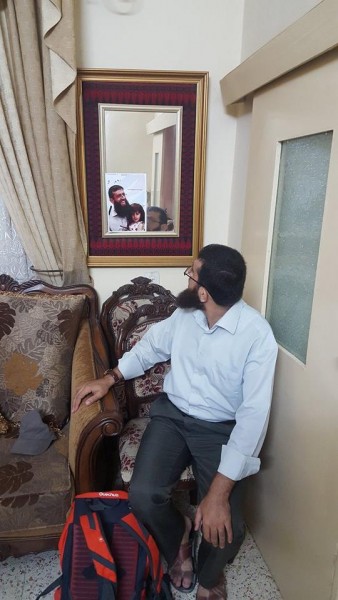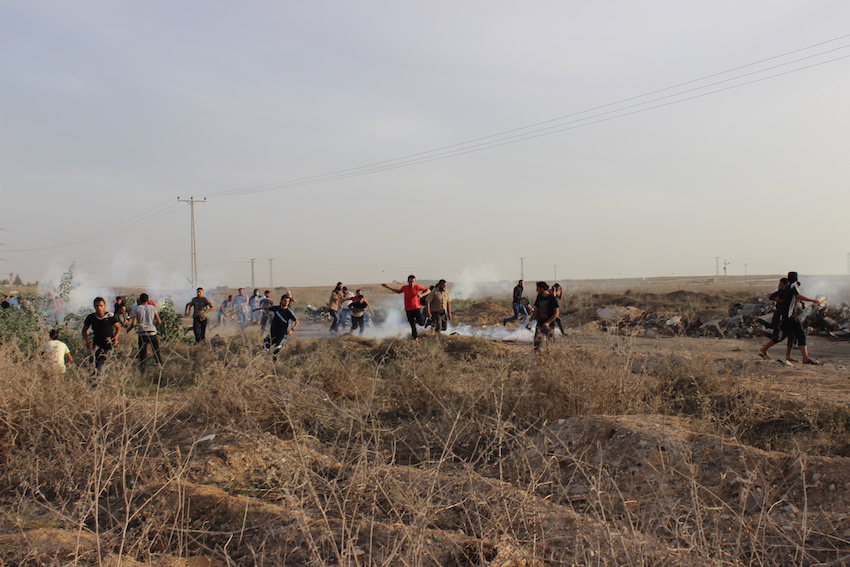Category: Features
-
Portrait with Fire: Khader Adnan
24th October 2015 | International Solidarity Movement, al-Khalil team | Anata, occupied Palestine “Some people think being jailed is a destiny. I say freedom is a destiny.” In Heather Christle’s stirring poem, Self Portrait with Fire, bending to conceal flaming legs, (s)he sets the grass on fire. On this day, sitting with Khader Adnan, Palestinian…
-
65 Injured in Friday clashes in Gaza
23rd October 2015 | International Solidarity Movement, Gaza team | Gaza Strip, occupied Palestine Images from clashes today in Nahel Oz (Shijaia), Occupied Gaza strip. More than 20 Palestinians were injured in the Gaza strip today from a combination of live ammunition and teargas inhalation. Journalists and paramedics were targeted during the clashes, at least…
-
Gaza: between rebellion and sacrifice
22nd October 2015 | International Solidarity Movement, Valeria Cortés | Gaza Strip, occupied Palestine How much hopelessness, suffering, unpunished abuse, how much spilled blood can the human heart take before bursting? “All I possess in the presence of the death is fury and pride” Mahmoud Darwish Ahmed Al Sarhi was executed in cold blood yesterday…



